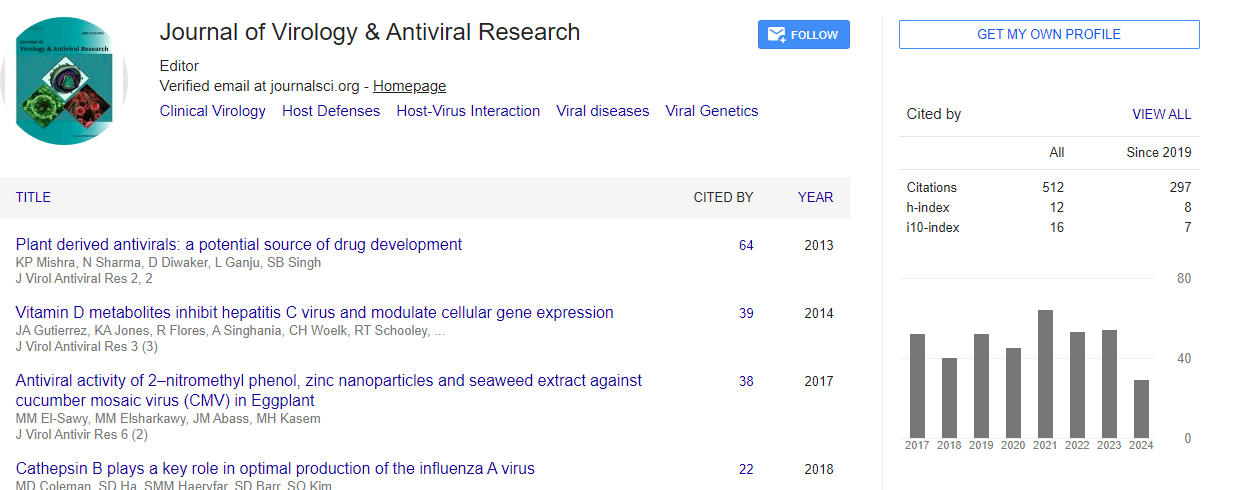Variable host cell viral affinity due to distinct and multiple number of HIV variants remains challenges in management and control of HIV/AIDS
A H Bandivdekar
National Institute for Research in Reproductive Health, India
: J Virol Antivir Res
Abstract
Human Immunodeficiency Virus (HIV) is known to be sexually transmitted by binding to hMR on human sperm, vaginal epithelial. Additionally, poor proofreading activity HIV results into the presence of distinct and multiple variants in different cells and secretions of the same individual. Genotypic and phenotypic characterization of C2-V3 region of HIV1 C env gene in PBMCs, sperm, vaginal epithelial cells and cervical cells showed the presence of distinct variants in the same individual with variable infectivity. Genotypic characterization of HIV1 gp41 by next-generation sequencing showed the presence of multiple variants in the blood of the same individual. Presence of distinct and multiple variants in different cells and secretions may influence the viral affinity to host and immune cells and therefore may affect HIV transmission, infectivity, response to antiretroviral drug therapy and pathogenicity. Presence of cell-associated DNA virus and cell-free RNA virus suggests the need for the development of an effective vaccine which elicits both cell-mediated as well as humeral; immune responses.
Biography
E-mail: bandivdekar@gmail.com
 Spanish
Spanish  Chinese
Chinese  Russian
Russian  German
German  French
French  Japanese
Japanese  Portuguese
Portuguese  Hindi
Hindi 

